Fast Pixel Transfers with Pixel Buffer Objects
I often use the GPU to perform fast pixel format conversions. For example, I convert the current framebuffer to YUV420P so I can feed them into a video encoder that often use this pixel format by default. You can do this on the CPU, though for large (e.g. 4K) video this will add quite a delay.
In this article I'll describe a solution I use to download the
contents of a texture from the GPU back to the CPU. A trivial solution
to do this, is to use glReadPixels(). Though this solution is slow,
because by default glReadPixels() has to wait until all queued draw
commands in the GL driver queue are processed before it is able to
download the pixels. When using the plain glReadPixels withouth a PBO,
downloading a 1280 x 720 frame takes about 16ms-22ms. A faster solution
is to use pixel buffer objects
(PBO) which takes about 0.5ms on a 5+ years old GPU (Radeon 4850).
A pixel buffer object (PBO) is a buffer, just like e.g.
GL_ARRAY_BUFFER. It can be used to store pixel data. When a
GL_PIXEL_PACK_BUFFER is bound, a call to glReadPixels() will
return immediately. Though this will not actually read the
pixels. OpenGL will, instead of doing a read, actually write (pack) the
data into the currently bound PBO. Of course GL still needs to make
sure that all drawing calls have been processed before the use
actually downloads the pixels. Though because PBOs gives us a way to
pipeline the read backs we can make sure that we read the pixels after
the draw calls have been processed.
But how do we know when the draw calls in the driver command queue have been processed? The common solution is to make use of the fact that the command queue will probably be about 1 or 2 frames behind. This is kind of a 'guess' but one which has been correct in about 99% of the tests I did.
What we want to accomplish, is that we read the pixel data from the
PBO when the data is actually written into the PBO. So we need to
try and read from PBOs that are N-frames processed before. I'm using
N here as you should experiment with a size that fits your GPU,
though using 2 or 3 seems like a good solution.
So remember that glReadPixels() works differently when a GL_PIXEL_PACK_BUFFER
is bound. When a PBO is bound the glReadPixels() call will trigger GL to
write the data of the currently bound read framebuffer into the bound PBO.
Therefore triggering a write into the PBO looks a bit like this (read on as there is more to it):
glBindBuffer(GL_PIXEL_PACK_BUFFER, pbo); glReadPixels(0, 0, width, height, fmt, GL_UNSIGNED_BYTE, 0);
Although the above code will make sure that GL writes data into the PBO
we still need to have a way to actually download the pixels from
GPU to CPU. To download the data from a (any) buffer we can use
glMapBuffer[Range]() and glUnmapBuffer(). When we call glMapBuffer()
GL will return us a pointer to the data of the currently bound PBO. We can
use memcpy to copy the data to a internal buffer that we can process.
After calling glMapBuffer() GL will make sure that all draw calls
will be finished, just like before when using glReadPixels() without a
bound PBO. So in this sense it's doing the same thing. But (!) the big
difference is that we can pipeline our calls to glMapBuffer(). We can
pipeline by calling glMapBuffer with a bound PBO that was triggered
with a glReadPixels() a couple frames back so that GL doesn't have
to way until all draw calls are ready because they will already be processed.
The image below shows how this should work:
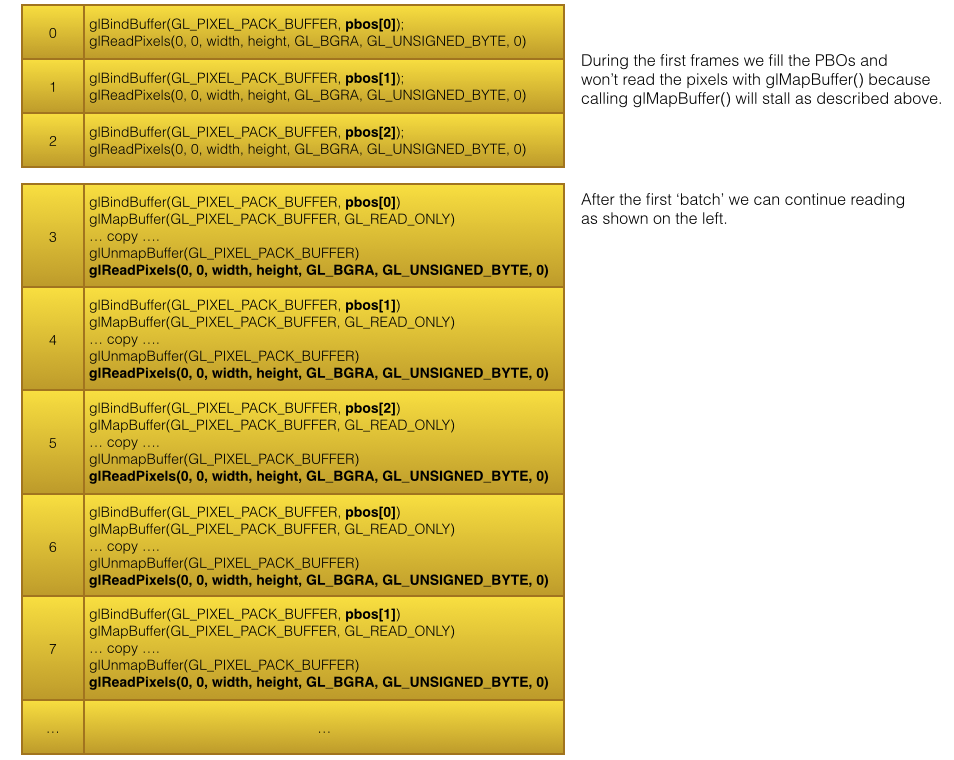
Another important aspect of reading (or writing) data from the GPU, is that
you need to make sure that you're using a pixel format that is efficient for
the GPU. This means you want to use a default format, which is most cases
is GL_BGRA. When you don't use a default format, it means that GL will
need to convert the data which takes time and will slow down the read back
or event causing GL to not use an optimized path at all and you'll get the
same performance as you get without using PBOs. So with that in mind, it
doesn't make sense to use PBOs with a GL_RGB for instance (though it may
be that your GPU can process GL_RGB quickly). It's best to test a couple of
different formats and see what performance you get.
One last thing I want to share, is the fact that you pass zero as the last
parameter to glReadPixels(). You can pass any value in there. The value
you pass is used as a byte offset into the currently bound PBO.
The code below shows some code from a test I did with PBOs. Use this as inspiration :). And note that there is a bit more to it and that there are more solutions to download from the GPU in an optimized way, e.g. some GPUs have support for simultaneous upload / download, have extensions that help and that some GPUs work better with PBOs then others.
#ifndef POLY_PBO_DOWNLOADER_H #define POLY_PBO_DOWNLOADER_H #define __STDC_LIMIT_MACROS #include <stdint.h> #include <glad/glad.h> namespace poly { class PboDownloader { public: PboDownloader(); ~PboDownloader(); int init(GLenum fmt, int w, int h, int num); void download(); public: GLenum fmt; GLuint* pbos; uint64_t num_pbos; uint64_t dx; uint64_t num_downloads; int width; int height; int nbytes; /* number of bytes in the pbo buffer. */ unsigned char* pixels; /* the downloaded pixels. */ }; } /* namespace poly */ #endif
#if defined(__linux) # include <string.h> #endif #include <poly/Log.h> #include <poly/PboDownloader.h> #include <poly/Timer.h> namespace poly { PboDownloader::PboDownloader() :fmt(0) ,pbos(NULL) ,num_pbos(0) ,dx(0) ,num_downloads(0) ,width(0) ,height(0) ,nbytes(0) ,pixels(NULL) { } PboDownloader::~PboDownloader() { if (NULL != pixels) { delete[] pixels; pixels = NULL; } } int PboDownloader::init(GLenum format, int w, int h, int num) { if (NULL != pbos) { SX_ERROR("Already initialized. Not necessary to initialize again; or shutdown first."); return -1; } if (0 >= num) { SX_ERROR("Invalid number of PBOs: %d", num); return -2; } if (num > 10) { SX_WARNING("Asked to create more then 10 buffers; that is probaly a bit too much."); } fmt = format; width = w; height = h; num_pbos = num; if (GL_RED == fmt || GL_GREEN == fmt || GL_BLUE == fmt) { nbytes = width * height; } else if (GL_RGB == fmt || GL_BGR == fmt) { nbytes = width * height * 3; } else if (GL_RGBA == fmt || GL_BGRA == fmt) { nbytes = width * height * 4; } else { SX_ERROR("Unhandled pixel format, use GL_R, GL_RG, GL_RGB or GL_RGBA."); return -3; } if (0 == nbytes) { SX_ERROR("Invalid width or height given: %d x %d", width, height); return -4; } pbos = new GLuint[num]; if (NULL == pbos) { SX_ERROR("Cannot allocate pbos."); return -3; } pixels = new unsigned char[nbytes]; if (NULL == pixels) { SX_ERROR("Cannot allocate pixel buffer."); return -5; } glGenBuffers(num, pbos); for (int i = 0; i < num; ++i) { SX_VERBOSE("pbodownloader.pbos[%d] = %d, nbytes: %d", i, pbos[i], nbytes) glBindBuffer(GL_PIXEL_PACK_BUFFER, pbos[i]); glBufferData(GL_PIXEL_PACK_BUFFER, nbytes, NULL, GL_STREAM_READ); } glBindBuffer(GL_PIXEL_PACK_BUFFER, 0); return 0; } void PboDownloader::download() { unsigned char* ptr; uint64_t start_ns = nanos(); uint64_t end_ns = 0; uint64_t delta_ns = 0; #define USE_PBO 1 #if USE_PBO if (num_downloads < num_pbos) { /* First we need to make sure all our pbos are bound, so glMap/Unmap will read from the oldest bound buffer first. */ glBindBuffer(GL_PIXEL_PACK_BUFFER, pbos[dx]); glReadPixels(0, 0, width, height, fmt, GL_UNSIGNED_BYTE, 0); /* When a GL_PIXEL_PACK_BUFFER is bound, the last 0 is used as offset into the buffer to read into. */ SX_DEBUG("glReadPixels() with pbo: %d", pbos[dx]); } else { SX_DEBUG("glMapBuffer() with pbo: %d", pbos[dx]); /* Read from the oldest bound pbo. */ glBindBuffer(GL_PIXEL_PACK_BUFFER, pbos[dx]); ptr = (unsigned char*)glMapBuffer(GL_PIXEL_PACK_BUFFER, GL_READ_ONLY); if (NULL != ptr) { memcpy(pixels, ptr, nbytes); glUnmapBuffer(GL_PIXEL_PACK_BUFFER); } else { SX_ERROR("Failed to map the buffer"); } /* Trigger the next read. */ SX_DEBUG("glReadPixels() with pbo: %d", pbos[dx]); glReadPixels(0, 0, width, height, fmt, GL_UNSIGNED_BYTE, 0); } ++dx; dx = dx % num_pbos; num_downloads++; if (num_downloads == UINT64_MAX) { num_downloads = num_pbos; } glBindBuffer(GL_PIXEL_PACK_BUFFER, 0); #else glBindBuffer(GL_PIXEL_PACK_BUFFER, 0); /* just make sure we're not accidentilly using a PBO. */ glReadPixels(0, 0, width, height, fmt, GL_UNSIGNED_BYTE, pixels); #endif end_ns = nanos(); delta_ns = end_ns - start_ns; SX_VERBOSE("Download took: %f ms. ", ((double)delta_ns) / 1000000.0); } } /* namespace poly */

 NAT Types
NAT Types
 Building Cabinets
Building Cabinets
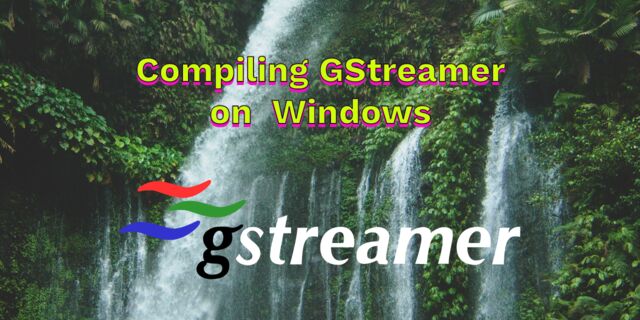 Compiling GStreamer from source on Windows
Compiling GStreamer from source on Windows
 Debugging CMake Issues
Debugging CMake Issues
 Dual Boot Arch Linux and Windows 10
Dual Boot Arch Linux and Windows 10
 Mindset Updated Edition, Carol S. Dweck (Book Notes)
Mindset Updated Edition, Carol S. Dweck (Book Notes)
 How to setup a self-hosted Unifi NVR with Arch Linux
How to setup a self-hosted Unifi NVR with Arch Linux
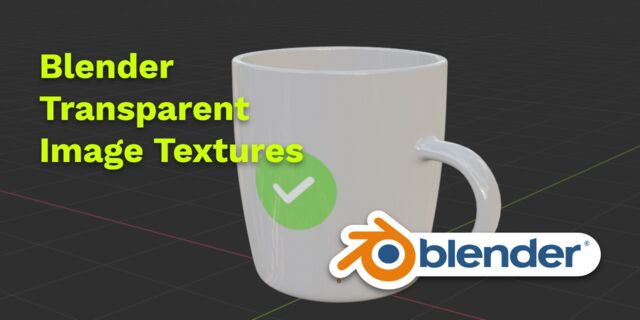 Blender 2.8 How to use Transparent Textures
Blender 2.8 How to use Transparent Textures
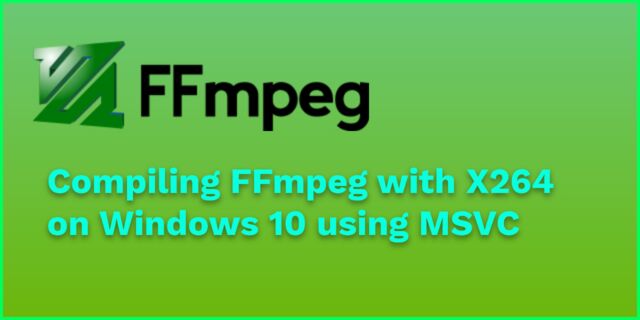 Compiling FFmpeg with X264 on Windows 10 using MSVC
Compiling FFmpeg with X264 on Windows 10 using MSVC
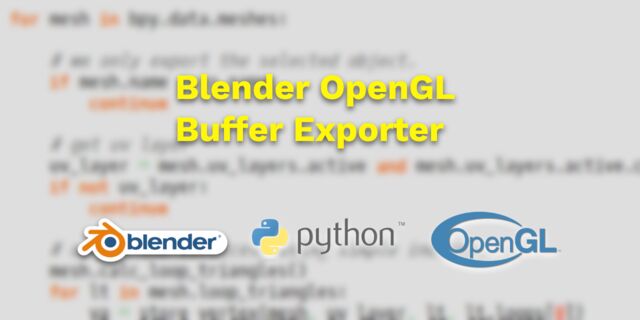 Blender 2.8 OpenGL Buffer Exporter
Blender 2.8 OpenGL Buffer Exporter
 Blender 2.8 Baking lightmaps
Blender 2.8 Baking lightmaps
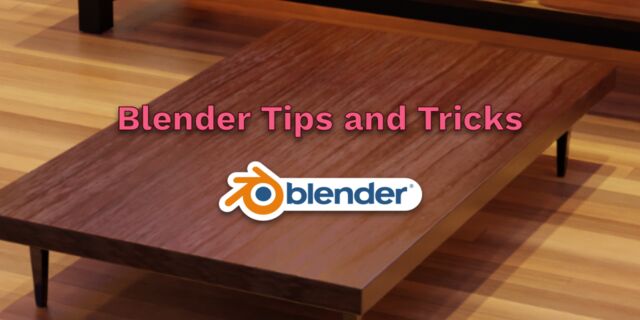 Blender 2.8 Tips and Tricks
Blender 2.8 Tips and Tricks
 Setting up a Bluetooth Headset on Arch Linux
Setting up a Bluetooth Headset on Arch Linux
 Compiling x264 on Windows with MSVC
Compiling x264 on Windows with MSVC
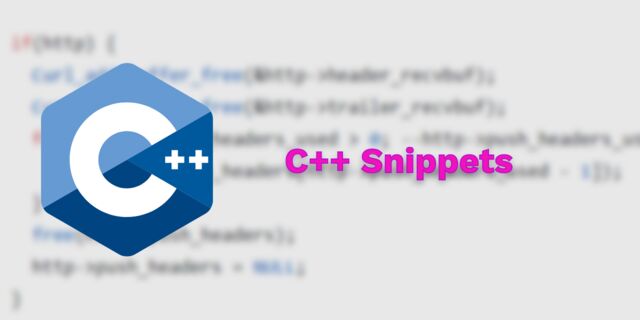 C/C++ Snippets
C/C++ Snippets
 Reading Chunks from a Buffer
Reading Chunks from a Buffer
 Handy Bash Commands
Handy Bash Commands
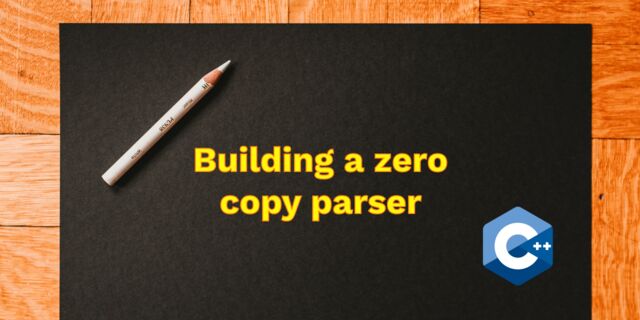 Building a zero copy parser
Building a zero copy parser
 Kalman Filter
Kalman Filter
 Saving pixel data using libpng
Saving pixel data using libpng
 Compile Apache, PHP and MySQL on Mac 10.10
Compile Apache, PHP and MySQL on Mac 10.10
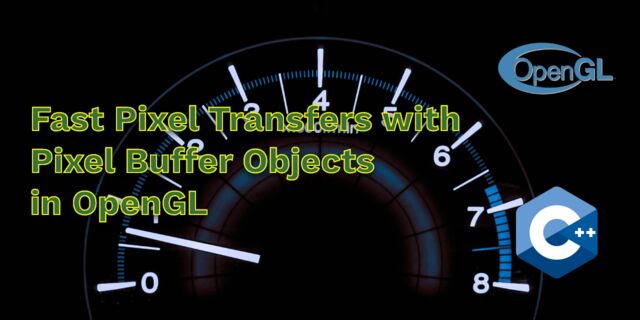 Fast Pixel Transfers with Pixel Buffer Objects
Fast Pixel Transfers with Pixel Buffer Objects
 High Resolution Timer function in C/C++
High Resolution Timer function in C/C++
 Rendering text with Pango, Cairo and Freetype
Rendering text with Pango, Cairo and Freetype
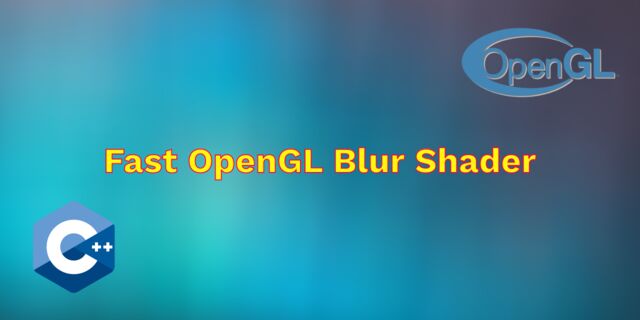 Fast OpenGL blur shader
Fast OpenGL blur shader
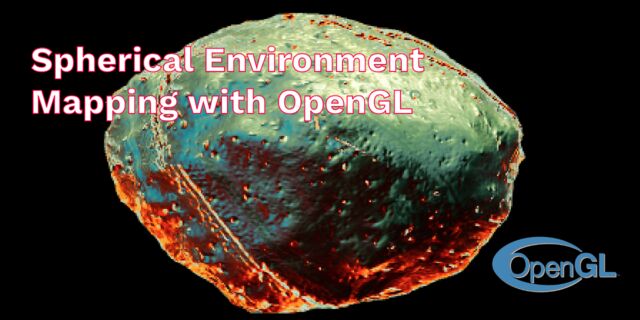 Spherical Environment Mapping with OpenGL
Spherical Environment Mapping with OpenGL
 Using OpenSSL with memory BIOs
Using OpenSSL with memory BIOs
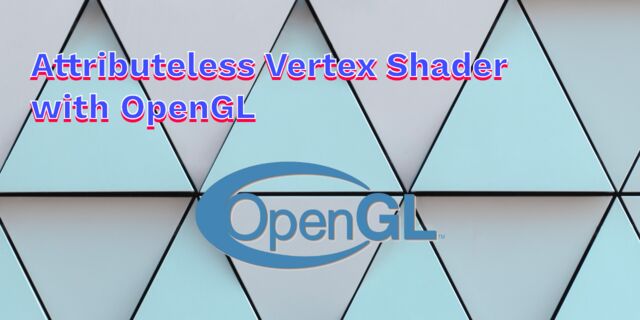 Attributeless Vertex Shader with OpenGL
Attributeless Vertex Shader with OpenGL
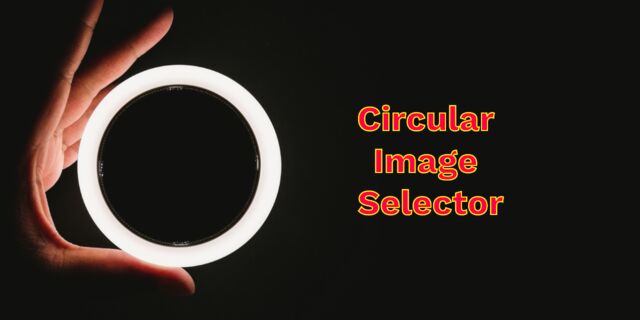 Circular Image Selector
Circular Image Selector
 Decoding H264 and YUV420P playback
Decoding H264 and YUV420P playback
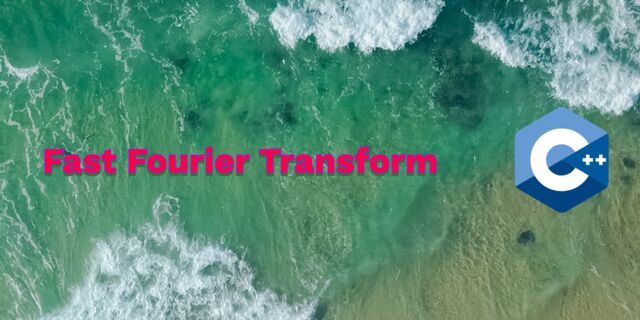 Fast Fourier Transform
Fast Fourier Transform
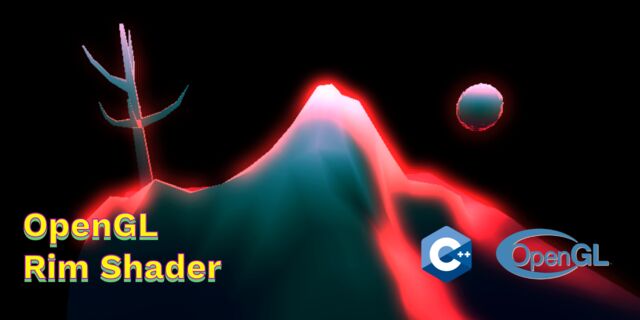 OpenGL Rim Shader
OpenGL Rim Shader
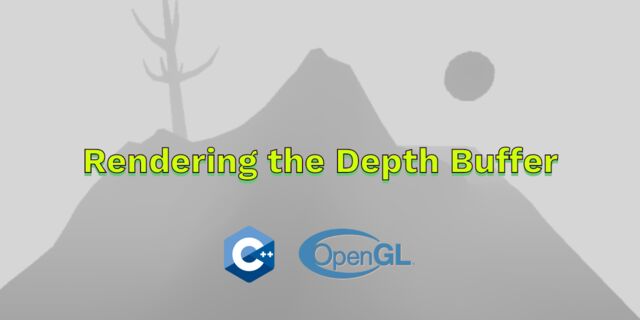 Rendering The Depth Buffer
Rendering The Depth Buffer
 Delaunay Triangulation
Delaunay Triangulation
 RapidXML
RapidXML
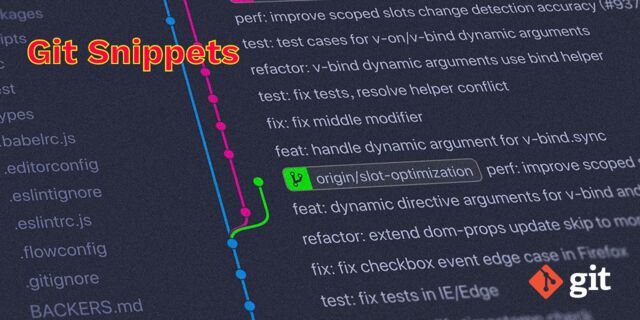 Git Snippets
Git Snippets
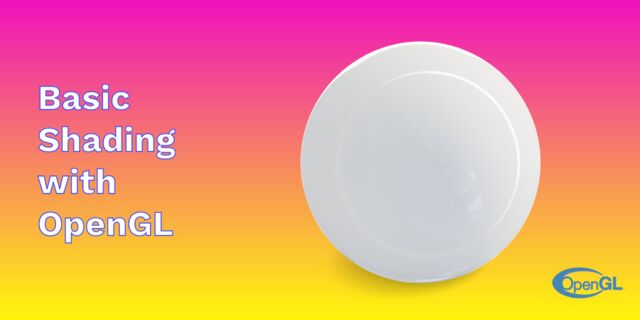 Basic Shading With OpenGL
Basic Shading With OpenGL
 Open Source Libraries For Creative Coding
Open Source Libraries For Creative Coding
 Bouncing particle effect
Bouncing particle effect
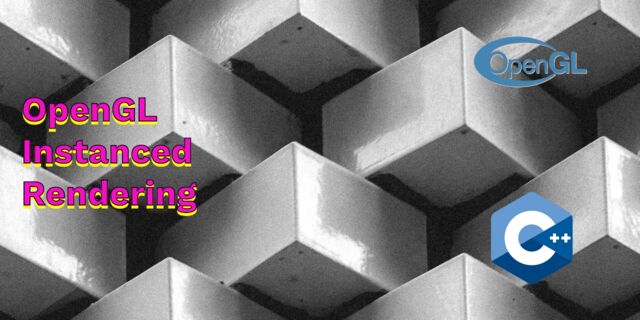 OpenGL Instanced Rendering
OpenGL Instanced Rendering
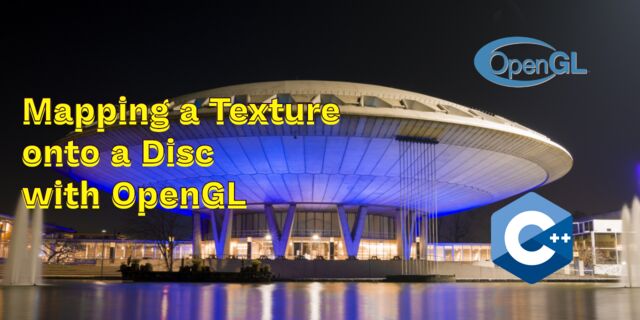 Mapping a texture on a disc
Mapping a texture on a disc
 Download HTML page using CURL
Download HTML page using CURL
 Height Field Simulation on GPU
Height Field Simulation on GPU
 OpenCV
OpenCV
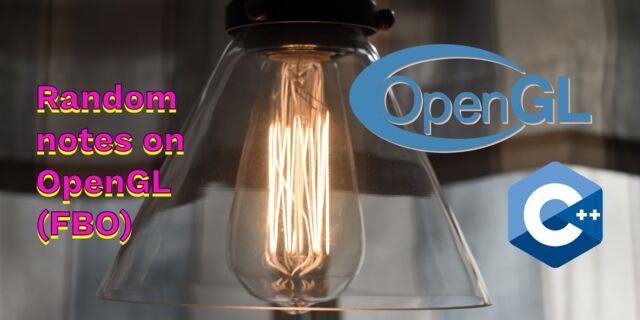 Some notes on OpenGL
Some notes on OpenGL
 Math
Math
 Gists to remember
Gists to remember
 Reverse SSH
Reverse SSH
 Working Set
Working Set
 Consumer + Producer model with libuv
Consumer + Producer model with libuv
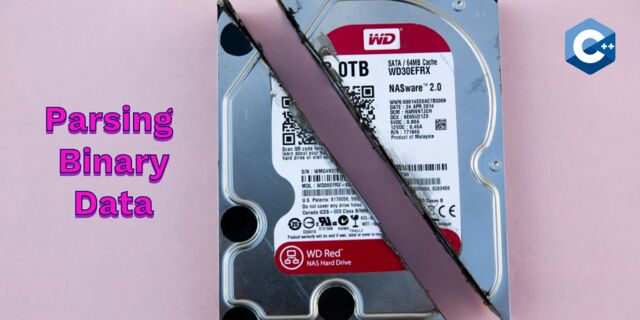 Parsing binary data
Parsing binary data
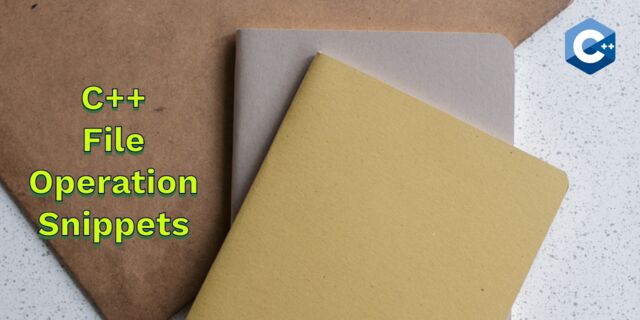 C++ file operation snippets
C++ file operation snippets
 Importance of blur with image gradients
Importance of blur with image gradients
 Real-time oil painting with openGL
Real-time oil painting with openGL
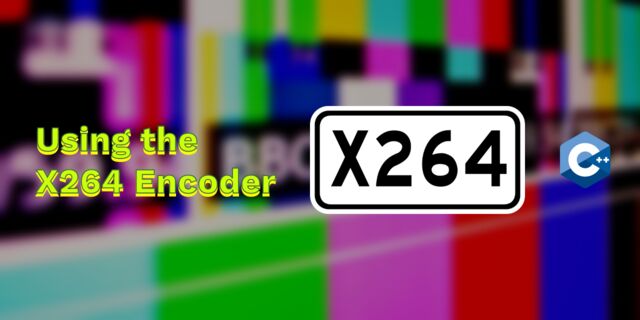 x264 encoder
x264 encoder
 Generative helix with openGL
Generative helix with openGL
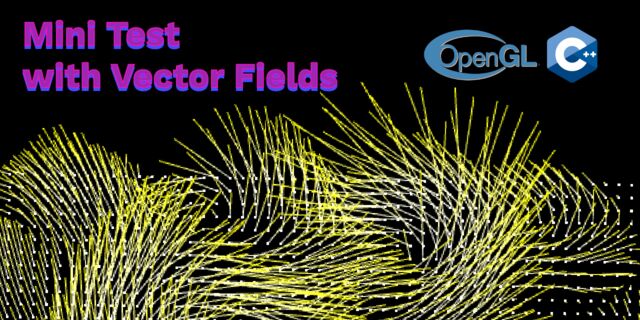 Mini test with vector field
Mini test with vector field
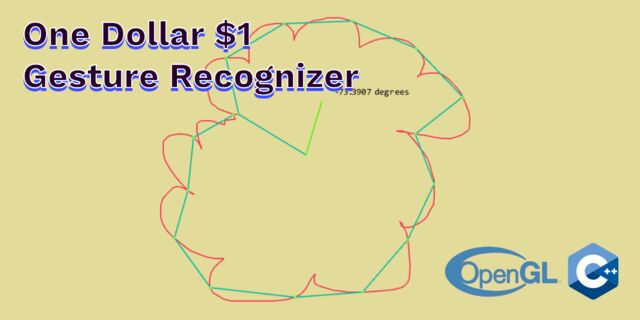 Protractor gesture recognizer
Protractor gesture recognizer
 Hair simulation
Hair simulation
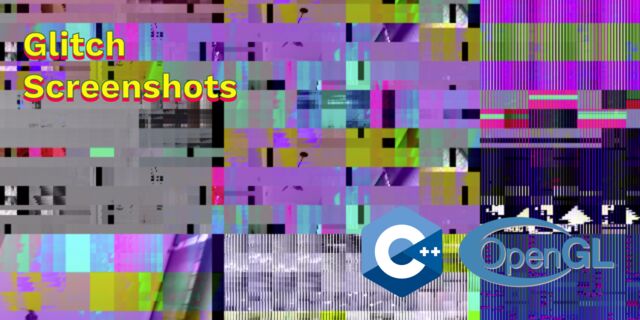 Some glitch screenshots
Some glitch screenshots
 Working on video installation
Working on video installation
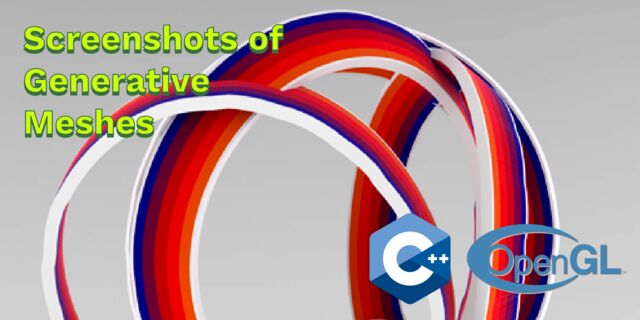 Generative meshes
Generative meshes
 Converting video/audio using avconv
Converting video/audio using avconv
 Auto start terminal app on mac
Auto start terminal app on mac
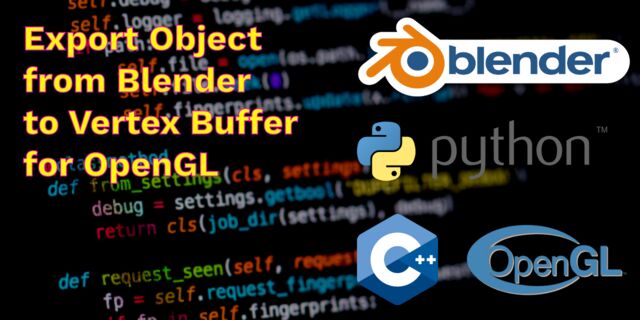 Export blender object to simple file format
Export blender object to simple file format